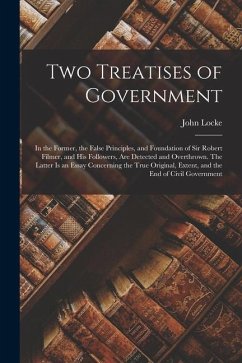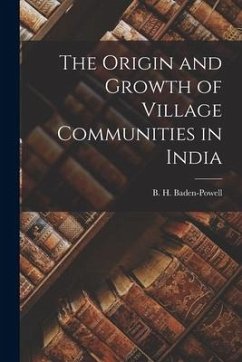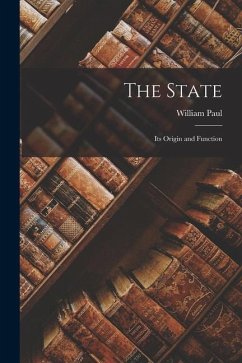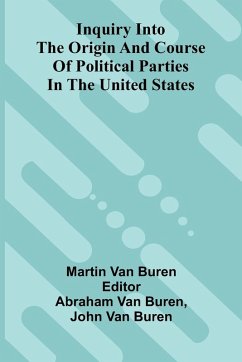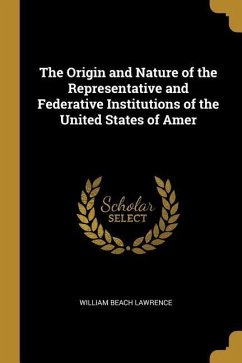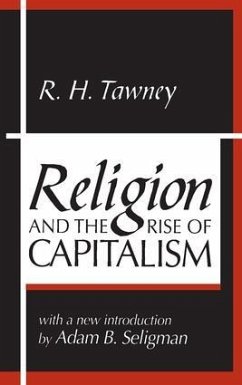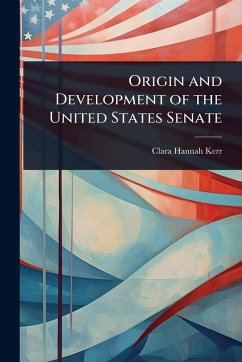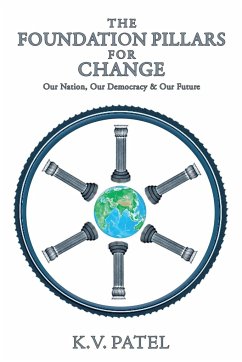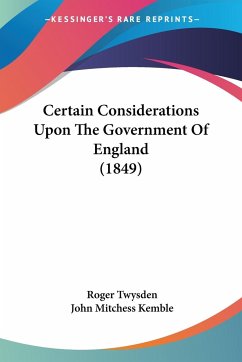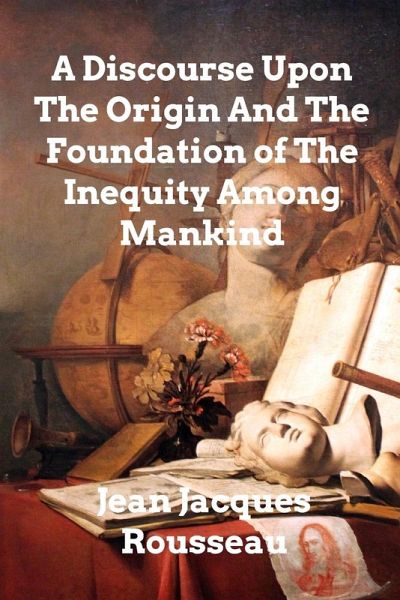
A Discourse Upon The Origin And The Foundation Of The Inequality Among Mankind
Versandkostenfrei!
Versandfertig in 1-2 Wochen
12,99 €
inkl. MwSt.
Weitere Ausgaben:

PAYBACK Punkte
6 °P sammeln!
A Discourse Upon The Origin And The Foundation Of The Inequality Among Mankind is a great political science text on the subjects of equality and natural law by the great French philosopher Jean Jacques Rousseau. The text contains this preface: THE most useful and least improved of all human Studies is, in my Opinion, that of Man, and I dare say, that the Inscription on the Temple of Delphos did alone contain a more important and difficult Precept than all the huge Volumes of the Moralists. I therefore consider the Subject of this Discourse, as one of the most interesting Questions Philosophy c...
A Discourse Upon The Origin And The Foundation Of The Inequality Among Mankind is a great political science text on the subjects of equality and natural law by the great French philosopher Jean Jacques Rousseau. The text contains this preface: THE most useful and least improved of all human Studies is, in my Opinion, that of Man, and I dare say, that the Inscription on the Temple of Delphos did alone contain a more important and difficult Precept than all the huge Volumes of the Moralists. I therefore consider the Subject of this Discourse, as one of the most interesting Questions Philosophy can propose, and, unhappily for us, one of the most knotty Philosophers can labour to solve: For how is it possible to know the Source of the Inequality among Men, without knowing Men themselves?





